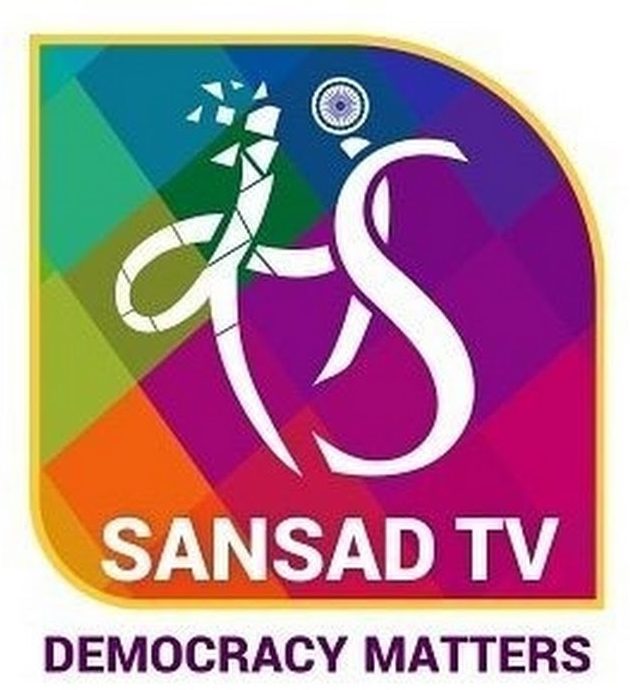[ad_1]

Introduction:
90 members of the Legislative Council of Hong Kong Special Administrative Region took oath in January. The elections which took place in December blast year saw pro China Patriots sweeping the field by winning all but the one seat in the Legislative Council. G7 and European Union have voiced grave concern over the outcome of Hong Kong’s recent Legislative Council elections, following a similar condemnation by the Five Eyes alliance and Washington’s decision to sanction five Chinese officials for allegedly undermining the city’s semi-autonomous status. 1st July this year will mark 25th anniversary of Hong Kong’s return to China. In the recent years after the handover China has made a series of official initiatives aimed at enhancing Beijing’s control over Hong Kong.
Background and Impacts:
- Hong Kong was a British colony from 1841 when China ceded the island to the British after the First Opium War – which had erupted over British traders smuggling opium into China.
- Britain handed Hong Kong back to China in 1997 as a ‘special administrative region’.
- The territory has been ruled under the ‘one country, two systems’ formula agreed by then U.K. and Chinese leaders.
- Hong Kong citizens have more autonomy and freedom than mainland Chinese, but the elective process is still partly controlled by China.
- At present, Hong Kong residents can only vote for pre-approved political candidates under Chinese law, making it impossible for a critic of Beijing to get on the ballot.
- China’s growing emphasis on the principle of “one country” has met resistance from Hong Kong’s young activists, who underline the idea of “two systems”.
- China’s recent focus on extending its national security laws to Hong Kong has sharpened the inherent contradictions in the Anglo-Chinese compact and triggered large-scale protests against Beijing’s effort to tighten its grip over the city.
- China may use the changed law to target political opponents in Hong Kong.
- Extradited suspects are likely to face torture.
- Also, they say, the change in the law will deal another blow to Hong Kong’s already crumbling autonomy.
- Article 4 of the Basic Law, the mini-constitution which governs post-colonial Hong Kong, promises to “safeguard the rights and freedoms of the residents of the Hong Kong Special Administrative Region and of other persons in the Region in accordance with law”. The bill is against Article 4 of the Basic law.
- It would further erode the freedoms people enjoy under the Basic Law.
- The issue thus brings to light the tensions between the Hong Kong’s Beijing-appointed elite rule, and the expectations of civil society and pro-democracy movement.
- There are also concerns about the impact on Hong Kong’s much cherished judicial independence, which has helped underpin investment and business and made the city an international financial centre.
How is Hong Kong’s chief executive chosen?
- The chief executive is elected by an Election Committee of 1,200 people, who are in turn chosen by representatives of various sectors in Hong Kong – who only make up 6% of the electorate.
- The chief executive must be formally appointed to the role by the central Chinese government.
- The Basic Law states that the “ultimate aim” is for the chief executive to be selected by “universal suffrage upon nomination by a broadly representative nominating committee”.
- This means that many in Hong Kong feel they were promised a level of democracy that has not been delivered.
What is Washington’s position on the issue?
- China has frequently condemned what it describes as foreign interference in its domestic matters. In particular, Beijing has singled out Washington as a driving force behind street protests in Hong Kong.
- Two members of the U.S. Congress quickly responded to the latest developments by proposing a bipartisan bill that would essentially sanction any Chinese officials who enforce the proposed national security law. The measure would impose sanctions on people or entities that violate China’s legal obligations to Hong Kong under the Basic Law, as well as on banks that do “significant transactions” with them.
- Last time, amid some of the most violent demonstrations in Hong Kong, Congress overwhelming passed — and President Donald Trump signed into law — the Hong Kong Human Rights and Democracy Act of 2019. The law calls for mandatory sanctions on Chinese officials found responsible for human rights violations, and requires the State Department to annually review Hong Kong’s special status, which awards it preferential trade treatment.
International condemnation:
- This move is being seen as a direct violation of China’s international commitments by the United States and its allies – the United Kingdom, Canada and Australia.
- The US and allies are extremely concerned that this action will exacerbate the existing deep divisions in Hong Kong society.
- US has already revoked the special trading status given to Hong Kong.
[ad_2]

